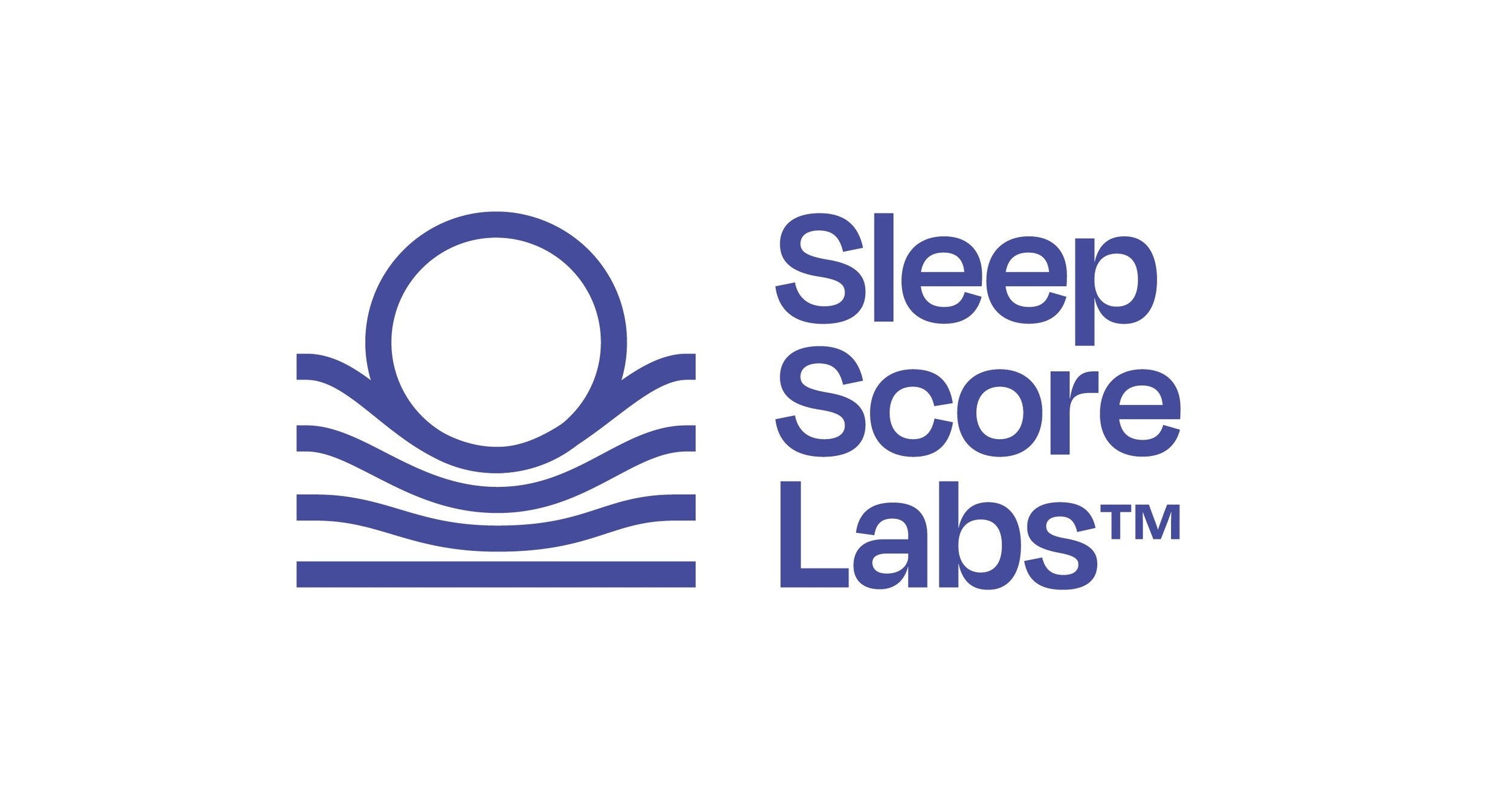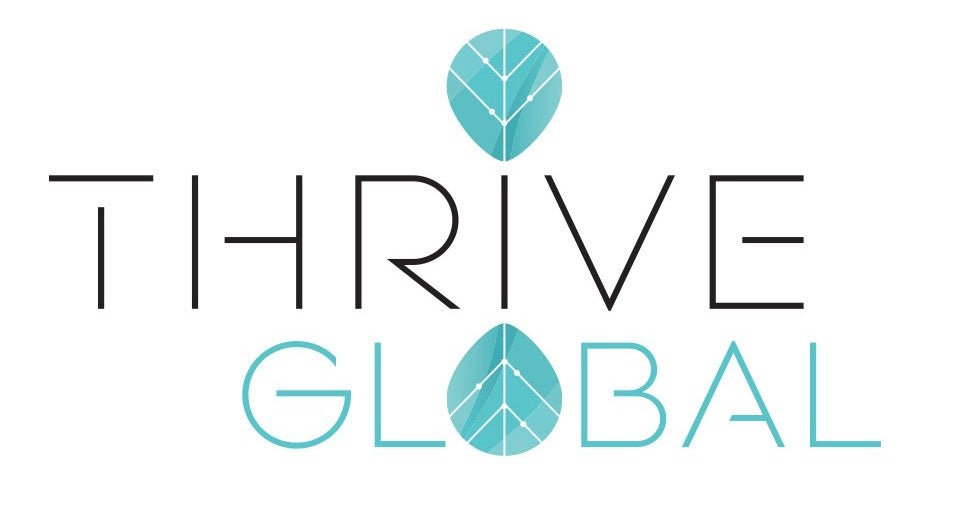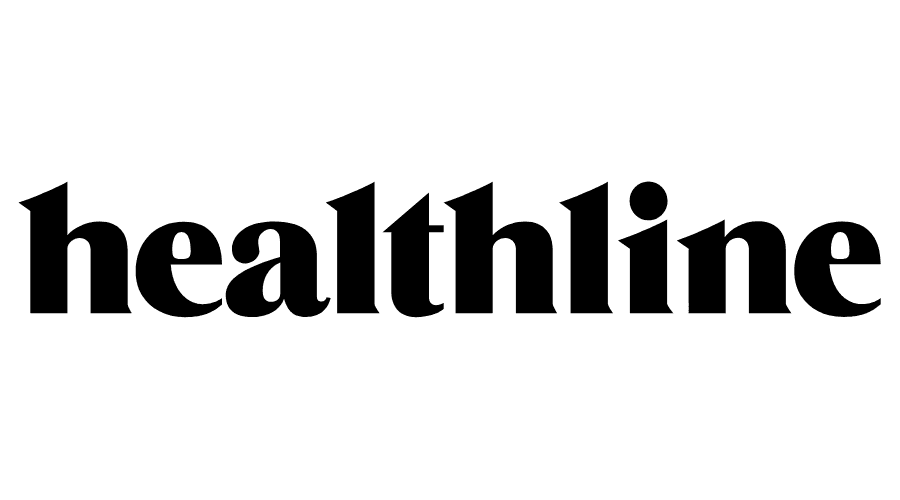Athletes work hard from cardio training to weightlifting to video work to diet. In order to recover and perform, getting 8-10 hours/night of SLEEP is crucial. Studies from Stanford Medical School show that good sleep can improve speed, accuracy, and reaction time. Unfortunately, travel and hotels are disruptive when it comes to sleep.
More Sleep = Improved Performance


Sleep & Exercise Relationship
Sleep enhances recovery from exercise by repairing and rebuilding muscle, optimizing hormone release, reducing inflammation, restoring energy, & refreshing the brain. Adequate sleep also helps us feel good, reduces fatigue, & makes us more motivated to exercise.
LeBron, Tom Brady, & Verlander all opt for more sleep
Sleep—not training or working for another hour—is when your body gets stronger and your mind gets sharper. You break down your muscles in training, but rest is when the fibers repair themselves and become more powerful. Tom Brady, aims to be in bed by 8:30 p.m. LeBron James nabs ten hours of shut-eye & reportedly relies on white noise (Rain on Leaves in the Calm app) to block out distractions.


The 30-minute Power Nap
Researchers found that athletes who napped for 30 minutes performed better in 20-meter sprints. Studies have also found that short naps reduced athletes’ feeling of sleepiness, improving alertness and cognitive functioning. These findings are significant for athletes of any type — mental acuity and sharpness can provide an edge in competition across the board.
Sleep Habits of Elite Athletes
While there is considerable data available related to the amount of sleep obtained by adults in the general population, there are few published data related to the amount of sleep obtained by elite athletes. This appears to be a considerable oversight given that sleep has been recognized as an essential component of preparation for, and recovery from high-intensity training.


12 Science-Based Benefits of Meditation
The popularity of meditation is increasing as more people discover its many health benefits. You can use it to increase awareness of yourself and your surroundings. Many people think of it as a way to reduce stress and develop concentration. People also use the practice to develop other beneficial habits and feelings, such as a positive mood and outlook, self-discipline, healthy sleep
patterns, and even increased pain tolerance.
Methods to Improve Sleep in Hotels
Researchers have observed sleep problems in people occurring during their first night adapting to a new environment, a phenomenon called the “first night effect” (FNE). The FNE is characterized by difficulty falling asleep, as well as shorter overall sleep time and REM sleep time while staying in hotels.


Power Naps vs Meditation
Though they’re quite different, napping and meditation seem to have several overlapping effects & benefits. While those who meditate are conscious and those who nap are unconscious, both groups enjoy an improved mental state afterward, accompanied by reductions in blood pressure, stress, & anxiety.
Time Zone Travel effects on Athletes
Another aspect of sleep quality athletes need to consider is the effects of jet lag. When traveling to different time zones, athletes can get out of their natural circadian phase. This means athletes may experience fatigue or the inability to perform their best. For example, West Coast American football teams play significantly better during evening home games than the visiting East Coast teams.


Breaking down the big numbers behind USC and UCLA’s Big Ten travel itineraries
Time for all USC and UCLA student-athletes to add the SUND travel pillow, pack their phone charger and prepare for marathon trips across t the country to Pennsylvania and New Jersey.
READ ARTICLE
